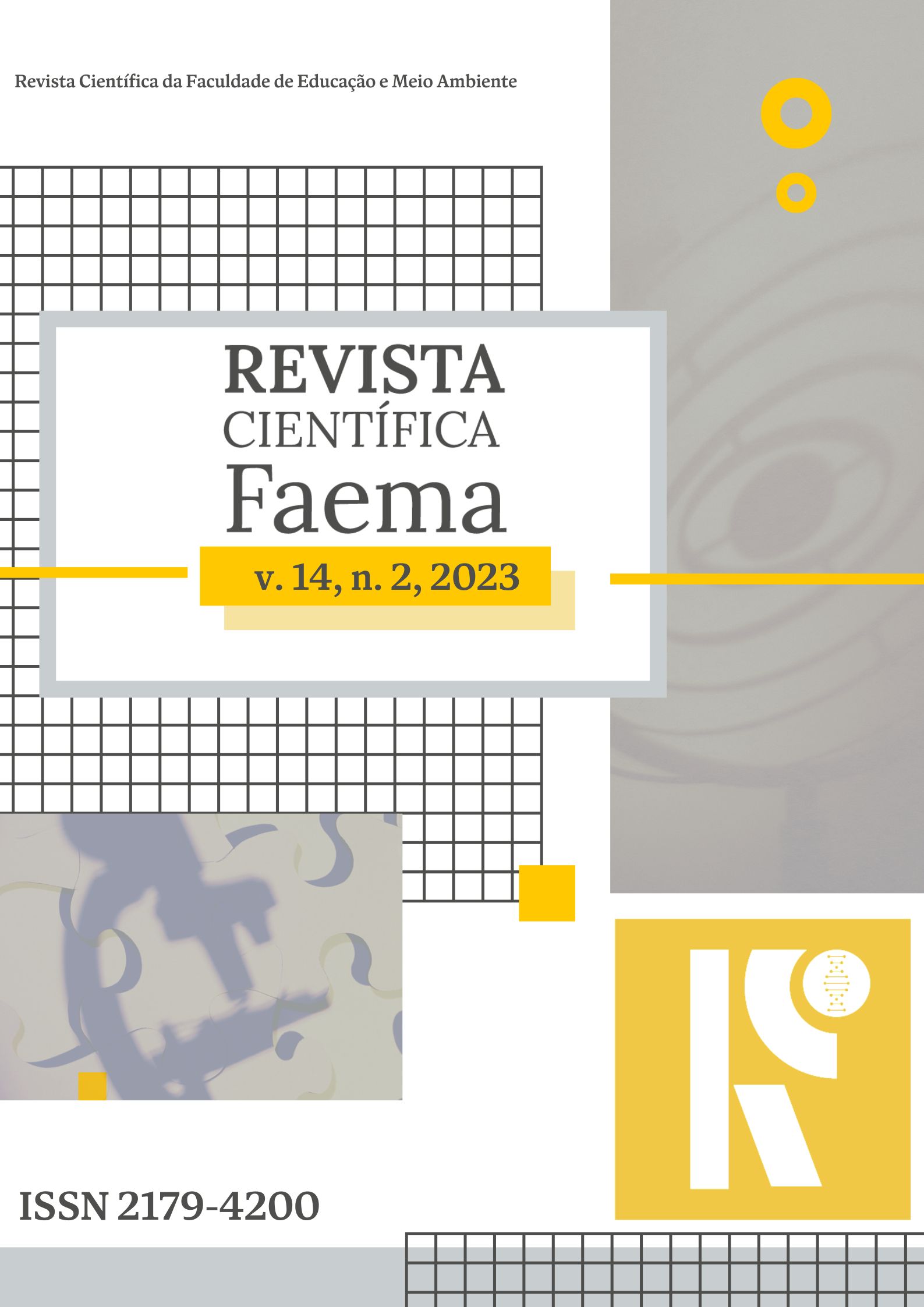THE ORIGIN OF VIOLENCE WITHIN SOCIETY FROM FREUD'S PERSPECTIVE: A THEORETICAL ESSAY
Main Article Content
Abstract
The difficulty in projecting oneself into the future can be seen as one of the consequences of the crisis of meaning experienced by society in the 20th century, where the great narratives that guided human development were questioned and deconstructed. This may have generated a sense of helplessness and excitement about the future. On the other hand, short-term inflammatory and miraculous speeches can be seen as attempts to fill this void, offering simplistic and immediate solutions to complex problems. These discourses often use scapegoats to channel society's frustration and anger, generating polarization and conflict. However, this dynamic is not only the result of external factors, but is also related to the process of constitution of human subjectivity and the development of culture. Violence can be seen as an expression of the instinctual pleasure of these discourses, that is, the momentary satisfaction that people experience when identifying with these narratives. Thus, violence is not just a matter of specific individuals or groups, but is an intrinsic aspect of the process of construction and deconstruction of civilization. To overcome this dynamic, it is necessary to cultivate a broader and more critical view of reality, which takes into account the complexity of problems and human relationships, and which is capable of offering solutions that respect human dignity and diversity.


